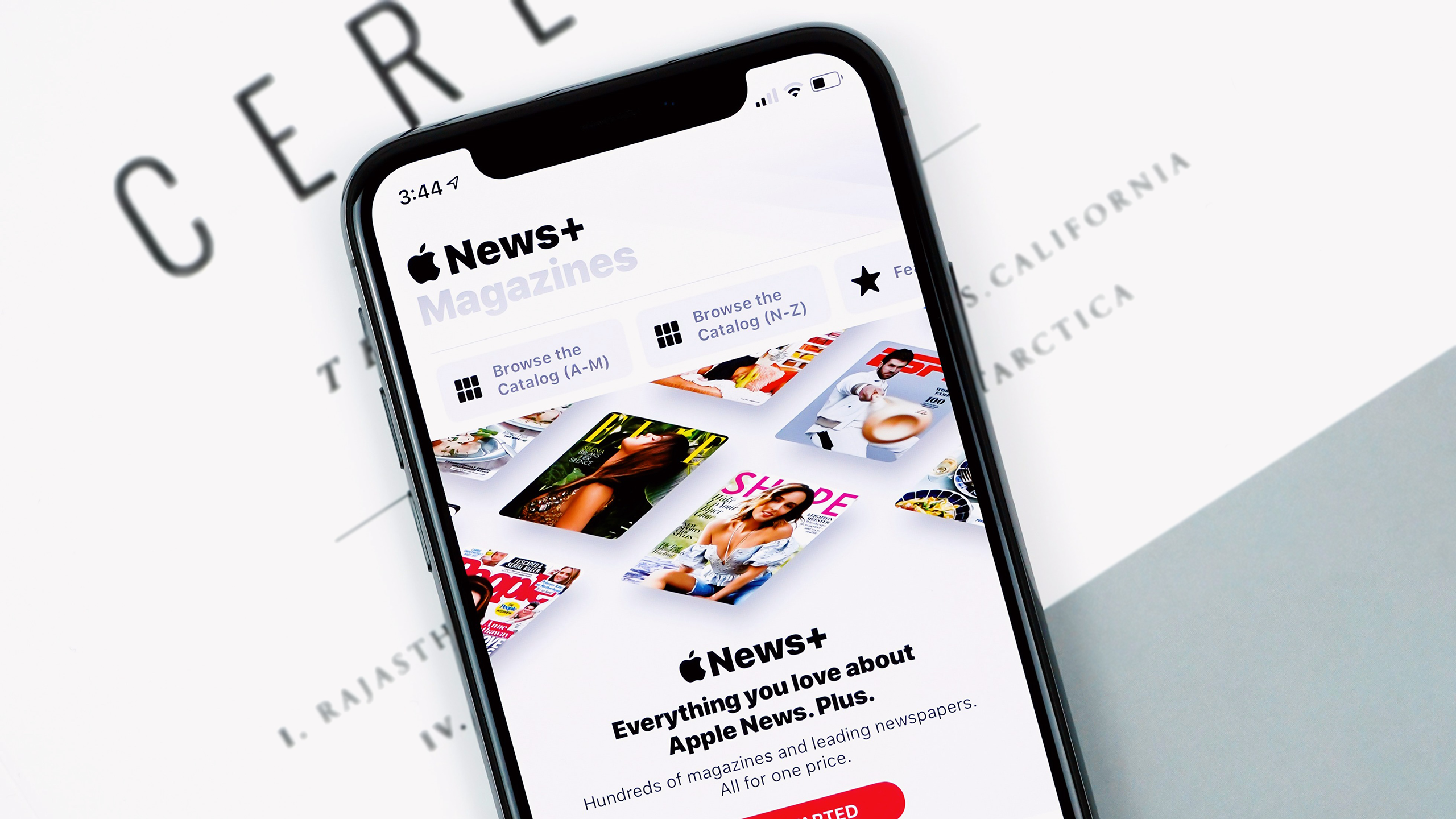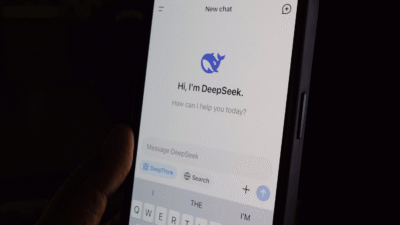Apple Wants in on the News Business, but its News AI Is Alienating Publishers
According to the Financial Times, Apple is ramping up its Apple News division. But can it fix its irritating AI hallucinations?

Sign up for smart news, insights, and analysis on the biggest financial stories of the day.
Zuck has no use for it, and you already know what Elon thinks, but the news industry still has a friend in Apple, provided it can get a handle on those irritating AI hallucinations passing themselves off as alerts.
According to a Financial Times report published Tuesday, Apple is ramping up its Apple News division, potentially throwing more resources behind the tiny alerts that pop up on your iPhone to ruin your day. Apple’s News app has taken on more meaning for traditional news outlets trying to make a buck in the digital news hellscape, but at the same time, Apple’s foray into AI-generated news alerts has left some major publications looking foolish as it has a habit of completely misrepresenting their articles.
Extra! Extra!
Sources told the FT that Apple is considering offering its Apple News app in more countries, while deepening local coverage in the UK. It’s reportedly also thinking of bringing its puzzles section, currently only available to the US and Canada, to the UK as well. Apple News works largely by syndicating articles from major publications. There is a small cadre of journalists reporting directly for Apple, but it’s a long way from having its own bona fide newsroom. While Apple News is free, there’s a premium version called Apple News+ that charges $12.99 per month.
Over the past year, the importance of Apple News to publishers appears to have grown, as traffic driven by other digital platforms like Facebook and Google has shrunk. In May last year, Semafor media reporter Max Tani called Apple News “as good a partner in Big Tech as many media companies are going to find.” But lately, Apple’s marrying of news and tech has landed it on the wrong side of some legacy publications:
- The BBC submitted a complaint to Apple in December after Apple Intelligence — the company’s suite of AI tools for which it partnered with OpenAI — blasted out a news summary that incorrectly claimed the BBC had reported Luigi Mangione, suspect in the shooting of UnitedHealthcare CEO Brian Thompson, had shot himself.
- This was not an isolated incident. Apple Intelligence also wrongly issued a BBC summary saying that tennis star Rafael Nadal had come out as gay, and in November, it inaccurately said that The New York Times had reported Israeli Prime Minister Benjamin Netanyahu had been arrested.
Apple issued a statement on Tuesday saying it would update the software, but some members of the news industry called for it to be taken offline altogether. “Trust in news is low enough already without giant American corporations coming in and using it as a kind of test product,” Alan Rusbridger, former editor of The Guardian and current member of Meta’s Oversight Board, told the BBC’s Today Programme, adding the company should nix the feature until it’s able to more accurately summarize news.
Post-Truth: Meta has expressed some equivocacy about news on its platforms in recent years, and now it’s apparently blasé about having facts on them too. The company announced Tuesday that it’s dismantling its fact-checking program in favor of a Twitter/X-esque “community notes” mechanism, where users rather than paid fact-checkers can submit notes on the factuality of the posts they see. This burst of free-expressionism apparently did not apply to Meta employees who let their feelings be known about a new board member, UFC President Dana White — the company deleted all internal posts critical of the appointment.











